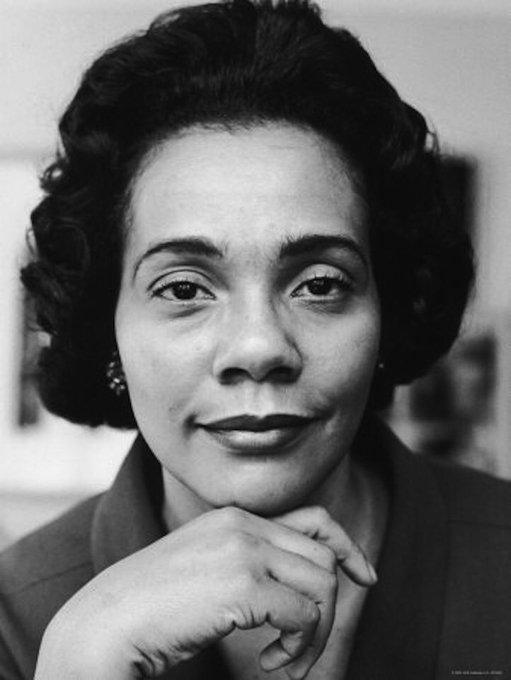
In the debate over Senator Jeff Sessions' nomination for Attorney General, the Senate ruled Sen. Elizabeth Warren was 'impugning' on his character after she tried to read a scathing letter written about him by the late Coretta Scott King. USA TODAY NETWORK
Warren read the eight-page letter in full, including the following passage: “Anyone who has used the power of his office as United States Attorney to intimidate and chill the free exercise of the ballot by citizens should not be elevated to our courts."
Even though Warren was reading King's comments about Sessions during his failed nomination to the district court, Senate Majority Leader Mitch McConnell , R-Ky., argued that Warren violated Senate rules for “impugning the motives” of Sessions. Senators have made more incriminating statements in the past, as reports from the Boston Globe and The Associated Press note.
Warren and other Democrats called McConnell's action into question Tuesday night, but the senators ruled in a 43-50 vote that she violated the rules, the Globe reported.
"I am surprised that the words of Coretta Scott King are not suitable for debate in the United States Senate ," Warren said, before the ruling.
Supporters come to Warren's defense
Warren said the decision silenced not only her, but King as well.
Congressman Cedric Richmond, a Democrat from Louisiana, slammed the ruling as an effort to "silence Coretta Scott King from the grave."
"Mrs. King's characterization of then U.S. Attorney Senator Sessions was accurate in 1986 and it is accurate now," Richmond said in a statement. "He is as much of a friend to the Black community and civil rights as Bull Connor and the other Good Old Boys were during the Civil Rights Movement."
Warren's supporters were quick to respond online, getting #LetLizSpeak to trend on Twitter:
Why did Warren read that letter?
Speaking for 50 minutes, Warren read the entire eight-page letter, as well as comments from other critics. Warren argued that King's letter offered an example of public opinion on Sessions dating back to his days as Alabama's U.S. attorney and a district court judge nominee.
In her letter, King detailed the systemic barriers to voting blacks faced and argued that Sessions contributed to them by unfairly prosecuting three voting rights advocates on voting fraud charges.
Sessions indicted three Perry County Civil League members in 1985 on voting fraud charges, but the members said they were simply helping old black citizens with absentee voting ballots. While they were acquitted, King argued the ordeal dissuaded residents who were caught up in the investigation from voting.
Until the day I die, I will believe that our arrests were because of our successful political activism and were designed to intimidate black voters and dampen black voting enthusiasm. Meanwhile, Sessions declined to investigate claims of unlawful white voting. The vast majority of charges were dismissed outright for lack of evidence, and a racially-mixed jury only took four hours of deliberation before acquitting us.
King echoed Turner's sentiments and wrote that Sessions' nomination to be a federal judge would “irreparably damage the work of my husband, Al Turner, and countless others who risked their lives and freedom over the past twenty years to ensure equal participation in our democratic system.”









No comments:
Post a Comment
Thanks for commenting. Your comments are needed for helping to improve the discussion.